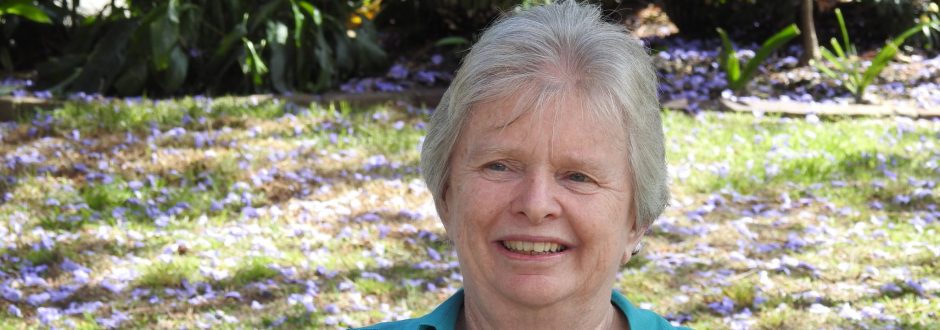Is the achievement of leadership in any sphere about warfare and a battle? Is this the only way people can become leaders in our society, asks Good Samaritan Sister Clare Condon.
BY Clare Condon SGS
As a leader of a women’s religious congregation in the Benedictine tradition, I regularly reflect upon Benedict’s idea of leadership as characterised in the person of the abbot. Recently, while on retreat, I had the opportunity for such reflection. It was the week after the change in Prime Ministers here in Australia.
Media headlines about the leadership of the country read like a war novel: “Revenge – Kevenge”, “Pride Wounded”, “Hostile Act”, “Leading the Charge”, “Bullied Out”, “Fresh Fire Using Gillard Ammo”, and “Rebuke”.
I became more alert to these headlines each day. And no matter what the topic, the values that were being applauded seemed to constantly promote and encourage aggression, greed, undermining, contestation and violence, not necessarily by deed, but certainly by word.
Is the achievement of leadership in any sphere about warfare and a battle? Is this the only way people can become leaders in our society, whether it be in government, business, sport or even the churches?
Quite to the contrary, St Benedict, in his Rule, calls the leader of his communities to integrity, where words and actions are in harmony. He suggests strongly that candidates are chosen for “merit of life and wisdom”. He expects the same of every member of the community, so that civility and good order can result in supporting and sustaining good human relationships.
Benedict further notes: “He should not be restless and troubled, not extreme and headstrong, not jealous and oversuspicious… He should be farsighted and thoughtful… He should be prudent and moderate, extolling discretion, the mother of all virtues.”
This list of Benedict’s was developed some 1,500 years ago and is full of wisdom even for today’s leaders. They are qualities for all of us to aspire to, and yet they seem far removed from our current political and societal arena and from those who report on it. Such qualities and virtues are far off the radar.
If I am correct in my reflection, then I am concerned about the impact such warfare language and behaviour has on each one of us. Such images negatively impact on the character of the nation, on the ethos and ethics of the workplace, and especially on children and on family life. And if warfare images exist within Church circles, then spirituality and peoples’ images of God are severely thwarted and misrepresented.
Such negative and violent language promotes back-biting, calumny and aggression as not only acceptable behaviours, but the real stuff of life. The challenge to turn around the tide is enormous. Role modelling is a very powerful tool in the formation of character. A common dictum goes: if it “is good enough for them to behave in such way, well then it is good enough for me”.
Author, Linda Schuchmann writes:
Social learning scientists have shown that much of learning that occurs during development is acquired through observation and imitation. There is no shortage of negative role models for our children in today’s society. Children and adolescents imitate the actions and appearance of video, movie, and television stars. However, today’s media is not promoting family values and modelling pro-social behaviour for children.
It seems that this is also now the modelling being offered by many people in society, particularly by many of our political leaders.
We as citizens should able to expect that the elected leaders of the national community will be role models of civility and uprightness. The community should be able to expect that candidates for election are chosen because of “merit of life and wisdom”; that on the whole, they will be people of integrity who are not extreme and headstrong, nor jealous or oversuspicious; that they will be people who have the interests of the nation at heart, who will be far-sighted and thoughtful in all their actions and responses.
Perhaps this is all wishful thinking on my part!
